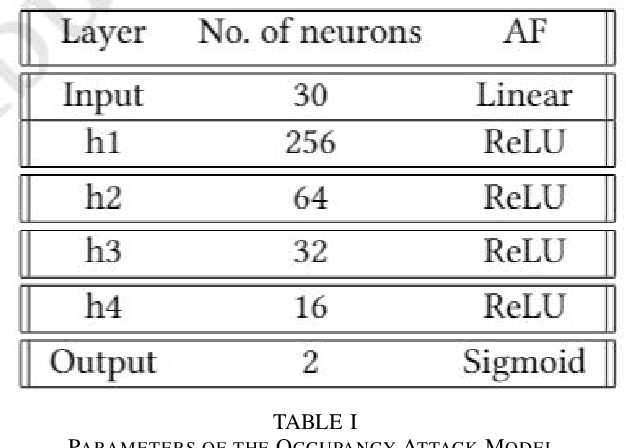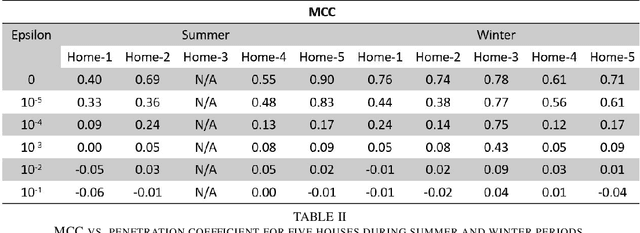Kavish Kapoor
Privacy Protection of Grid Users Data with Blockchain and Adversarial Machine Learning
Jan 15, 2021

Abstract:Utilities around the world are reported to invest a total of around 30 billion over the next few years for installation of more than 300 million smart meters, replacing traditional analog meters [1]. By mid-decade, with full country wide deployment, there will be almost 1.3 billion smart meters in place [1]. Collection of fine grained energy usage data by these smart meters provides numerous advantages such as energy savings for customers with use of demand optimization, a billing system of higher accuracy with dynamic pricing programs, bidirectional information exchange ability between end-users for better consumer-operator interaction, and so on. However, all these perks associated with fine grained energy usage data collection threaten the privacy of users. With this technology, customers' personal data such as sleeping cycle, number of occupants, and even type and number of appliances stream into the hands of the utility companies and can be subject to misuse. This research paper addresses privacy violation of consumers' energy usage data collected from smart meters and provides a novel solution for the privacy protection while allowing benefits of energy data analytics. First, we demonstrate the successful application of occupancy detection attacks using a deep neural network method that yields high accuracy results. We then introduce Adversarial Machine Learning Occupancy Detection Avoidance with Blockchain (AMLODA-B) framework as a counter-attack by deploying an algorithm based on the Long Short Term Memory (LSTM) model into the standardized smart metering infrastructure to prevent leakage of consumers personal information. Our privacy-aware approach protects consumers' privacy without compromising the correctness of billing and preserves operational efficiency without use of authoritative intermediaries.
 Add to Chrome
Add to Chrome Add to Firefox
Add to Firefox Add to Edge
Add to Edge